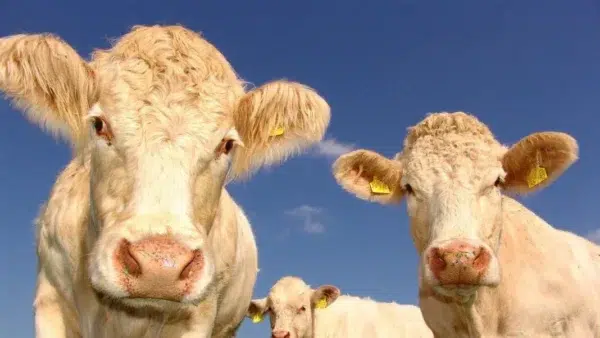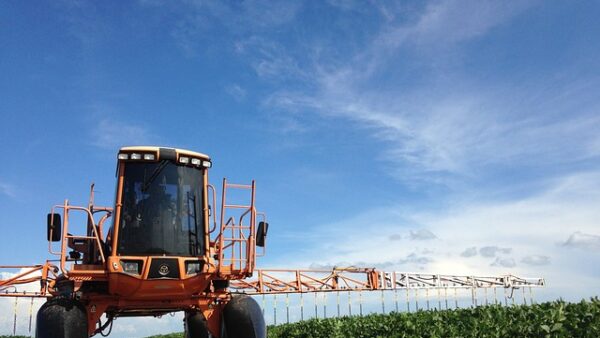https://youtu.be/rbpnBKG0mDU
What makes a game-changing new crop variety?
In a nutshell, it needs to eclipse the currently grown varieties either by yield, disease resistance or some other trait in order to fill a market need.
“If you think about growers, a lot of them have their tried-and-true variety that they like to grow, and you need to have enough advantage over other varieties to draw them away from that old favourite and try out the new one,” says Tom Smith, a retired Canadian plant breeder who co-created the Dynasty dark red kidney bean long with fellow breeder Peter Pauls at the University of Guelph.
Pauls knows what he’s talking about. Dynasty has become the dominant dark red kidney bean in Ontario and has become hugely popular outside of that province, going on to become one of the definitive kidney beans around. If you’ve ever had a bowl of chili in North America, you’ve likely eaten Dynasty.
Based on yield data generated through Ontario Pulse Crop Committee variety trials, Dynasty consistently outperforms Red Hawk from the Michigan State University breeding program, showing an impressive 613 lb/acre advantage (based on the five-year average) over Red Hawk.
With current prices for kidney beans, that’s about $324.89 more per acre going back into grower’s pockets if they grow Dynasty, says Ontario Bean Growers Project Manager Jennifer Mitchell.
Its performance advantages are clear, but of course it’s more than just yield that makes a variety successful in the market.
“There are lots of steps in between the release of a new variety and its registration and its availability to the farmer. In particular, you need to increase the seed from a few kilograms that we might have in our breeding program, into the tons of seed that are required in order to seed farmers’ fields. That commercialization step is done by companies and the companies license the right to increase the seed and then sell it to the farming community,” notes Pauls.
“The relationship between the breeding program and the seed company is important for the logistics of deciding when in fact to make that investment, and how large to make that investment.”
According to Pauls, in the early stages — as the company is establishing a market for the variety — constant conversations go back and forth between the breeding program and the seed company. Hensall Co-op, the company that was responsible for the commercialization of Dynasty, was critical to its success, and that had a lot to do with promoting it to its growers.
“Our longstanding relationship with Hensall Co-op was key in its journey to becoming a successful variety.”
For Istvan Rajcan, soybean breeder at the University of Guelph, creating a truly game-changing variety involves a breeder possessing business skill, which he says has been key to his success — a piece of advice he learned many years ago from Croatian plant breeder Vladimir Puskaric, who was a maize breeder with Pioneer Hi-bred in Woodstock, Ont.
Puskaric said that a breeder should know who his or her customer is, and that has stuck with Rajcan, who has developed 69 soybean varieties including OAC Kent, which won the Seed of the Year Award in 2008.
“The applied research aspect of a breeder’s job means that we are developing cultivars that we hope will be grown by the farmers. If they’re not grown my farmers, it’s a wasted effort in a sense. So, we need to constantly communicate with our customers to find out what their needs are,” he says.
“They’re good at telling us what traits are important or they think they will be important several years down the road, and then we adjust our goals and selection procedures to achieve those goals.”
Rajcan, Pauls and Thomas — who are all recipients of Canadian Plant Breeding Innovation awards this year — joined host Marc Zienkiewicz on last week’s episode of Seed Speaks to discuss this topic. Watch the episode above for more.
Want to Read More Articles Like This? Check Out:
True Potato Seeds Could Feed the World
Farmers Eye Evolving Carbon Markets, Seed Companies Take Note
Easing Into Ag Automation and Autonomous Tractors
How Genomics is Bringing Speed and Transparency to the World of Breeding












